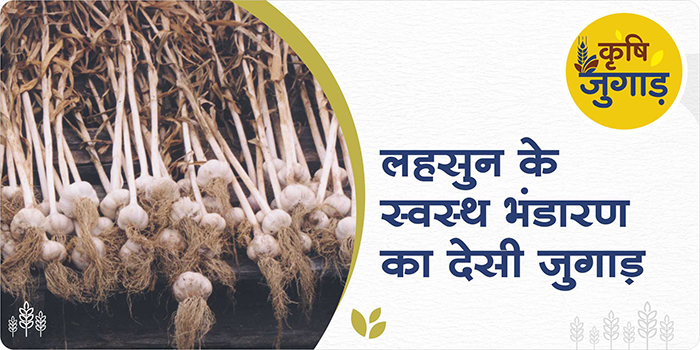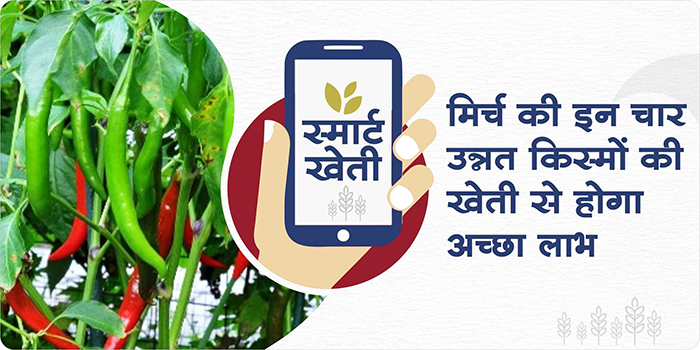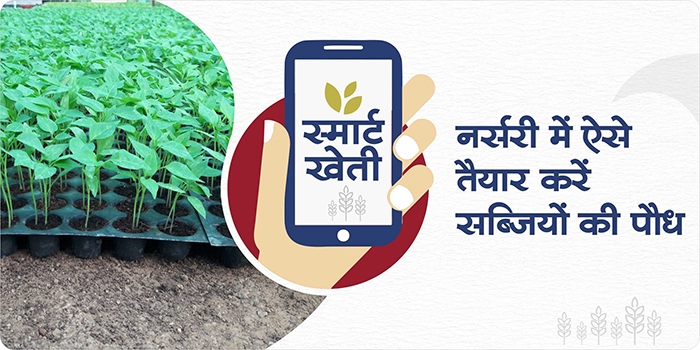-
Multilayer farming means that many crops are grown simultaneously in the same season and same field . This technique of farming is called multilayer farming.
-
For multilayer farming, farmers first plant such crops which grow inside the land. After this, you can plant vegetable and fruit plants in the same land.
-
Apart from these crops, shady and fruit trees can also be planted. With this technique, the farmer can cultivate more than one crop in the single land.
-
In multi-layer farming, four to five crops can be easily planted simultaneously in a single field.
-
In multilayer farming, farmers can earn more profit by cultivating more from a single land.
ShareFor the important information related to modern and smart farming, read the articles of Gramophone. Share this article with your farmer friends with the share button given below.










